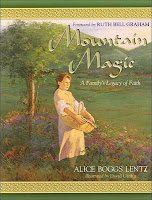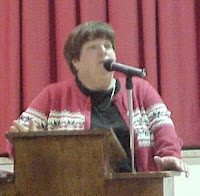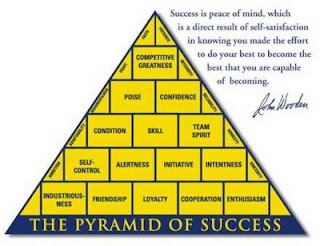 Students are good at solving problems, you see,
Students are good at solving problems, you see,And usually they do it without help from me.
They face their troubles with a smirk at fear,
To become workshop stars by the end of year.
Today's read aloud was I Had Trouble in Getting to Solla Sollew. Students had been reading rambunctiously to an excerpt from the book, so today I read aloud the book and modeled rambunctious reading.
As a follow-up assignment, in students' online journal, they wrote a response to the prompt--Tell the "So What?" What is the Point of the Story?
Here are examples of their responses.
I think that in the book Solla Sollew the point is you will get trouble in life and you will not like it, but you can't run from it. You have to face it. Even if you don't think it could get any worse it will get better soon or later. In the book the little guy learns that you will have trouble, you will think that the grass is greener somewhere else,but you can't run all your life. One day you have to stick up in life and grab a bat!! Your life will get better soon. So he went back to Valley of Vong with a bat to stop all his trouble (have fun with that)!
The book I Had Trouble getting to Solla Sollew is a really good. I think that the meaning of this book is if you have troubles don't let it mess with you, just do something about. Like what the main character did. At the end of the book, he went back to the Vally Of Vung That's why I think that the meaning of the book is it don't let any thing bother you. You should do something about it. then you can be left alone and nobody would bother you.
Another meaning of the book might be don't do something so big and then go back to that same thing. Like what the guy in the book did. He went on this big trip to the city where there are no troubles. Then he went right back to the Vally Of Vung. This time though he was prepared. So don't try running away from the troubles, just fight back and be prepared for what ever happens. Then nothing or nobody can mess with you and ruin your day. I enjoyed the book and I'm sure I wasn't the only one who enjoyed it.
This story was written by Dr. Seuss. The So What of the story is also the main point of the story. (I think!) So the main point of this story is to not try and hide from trouble, just deal with it.the more you try to hide from it, the more you get!
I think the So What of the story I Had Trouble In Solla Sollew is that you will always have trouble where you go and you should not run away from your problems.
Student thought in responses these surely show,
And facing trouble is something that they know.
The road to stardom, they're on their way.
Getting good grades should be child's play!
You might say that I had rhyming and Dr. Seuss on the brain as I posted today.
*







































